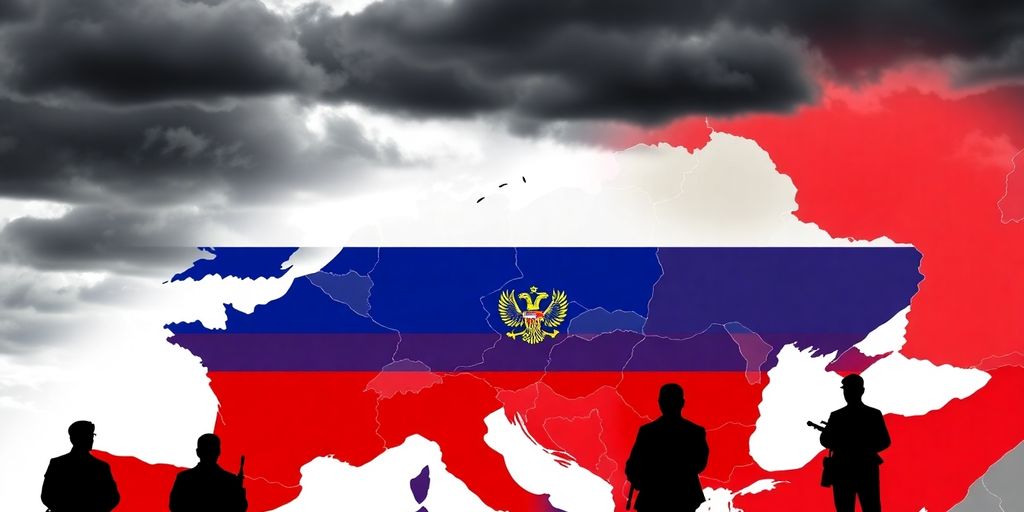The Western Balkans are increasingly becoming a focal point of geopolitical tension, with concerns mounting over Russian President Vladimir Putin’s potential to exploit the region amid the ongoing conflict in Ukraine. As European leaders shift their attention to Ukraine, the Western Balkans are at risk of becoming a new battleground for Russian influence.
Key Takeaways
- Putin’s influence in the Western Balkans is raising alarms among European leaders.
- The region is seen as a potential "playground" for Russia, with deep-rooted ethnic and religious tensions.
- British officials emphasize the need for the Western Balkans to integrate into the EU to counter Russian destabilization efforts.
The Geopolitical Landscape
The Western Balkans, comprising countries like Bosnia and Herzegovina, Serbia, and Montenegro, have long been a region of complex ethnic and political tensions. With the war in Ukraine drawing global attention, experts warn that Putin may seize this opportunity to further destabilize the Balkans, leveraging existing divisions to his advantage.
British Foreign Secretary David Lammy has voiced concerns that Putin’s strategy involves keeping the region in a state of unrest. He stated, "It’s in his interests to keep the countries that make up the Western Balkans on edge, to have a destabilized population and to wage a cyber and hybrid war."
The Call for EU Integration
In response to the growing threat, British officials are advocating for the rapid integration of Western Balkan states into the European Union. They argue that this move is essential to counteract Russian influence and promote stability in the region. An anonymous British official remarked, "Right now they must move forward or they will continue to be Russia’s playground."
Historical Context and Current Risks
The historical context of the Western Balkans is marked by ethnic conflicts and political instability, particularly following the breakup of Yugoslavia in the 1990s. These unresolved issues create fertile ground for external powers like Russia to intervene. Experts fear that Putin may exploit these tensions to create new conflicts, further complicating the EU’s efforts to stabilize the region.
Broader Implications for Europe
The situation in the Western Balkans is not isolated. Concerns are also rising in neighboring regions, particularly among the Baltic states, where officials worry that a ceasefire in Ukraine could embolden Russia to extend its military ambitions. The defense ministers of Estonia, Latvia, and Lithuania have expressed fears that Russia will not cease its aggressive posture, potentially threatening NATO’s northeastern flank.
Conclusion
As the geopolitical landscape continues to evolve, the Western Balkans stand at a critical juncture. The potential for renewed conflict fueled by Russian influence poses significant challenges not only for the region but for Europe as a whole. The call for EU integration is more urgent than ever, as leaders seek to prevent the Balkans from becoming a new front in Russia’s quest for power.






